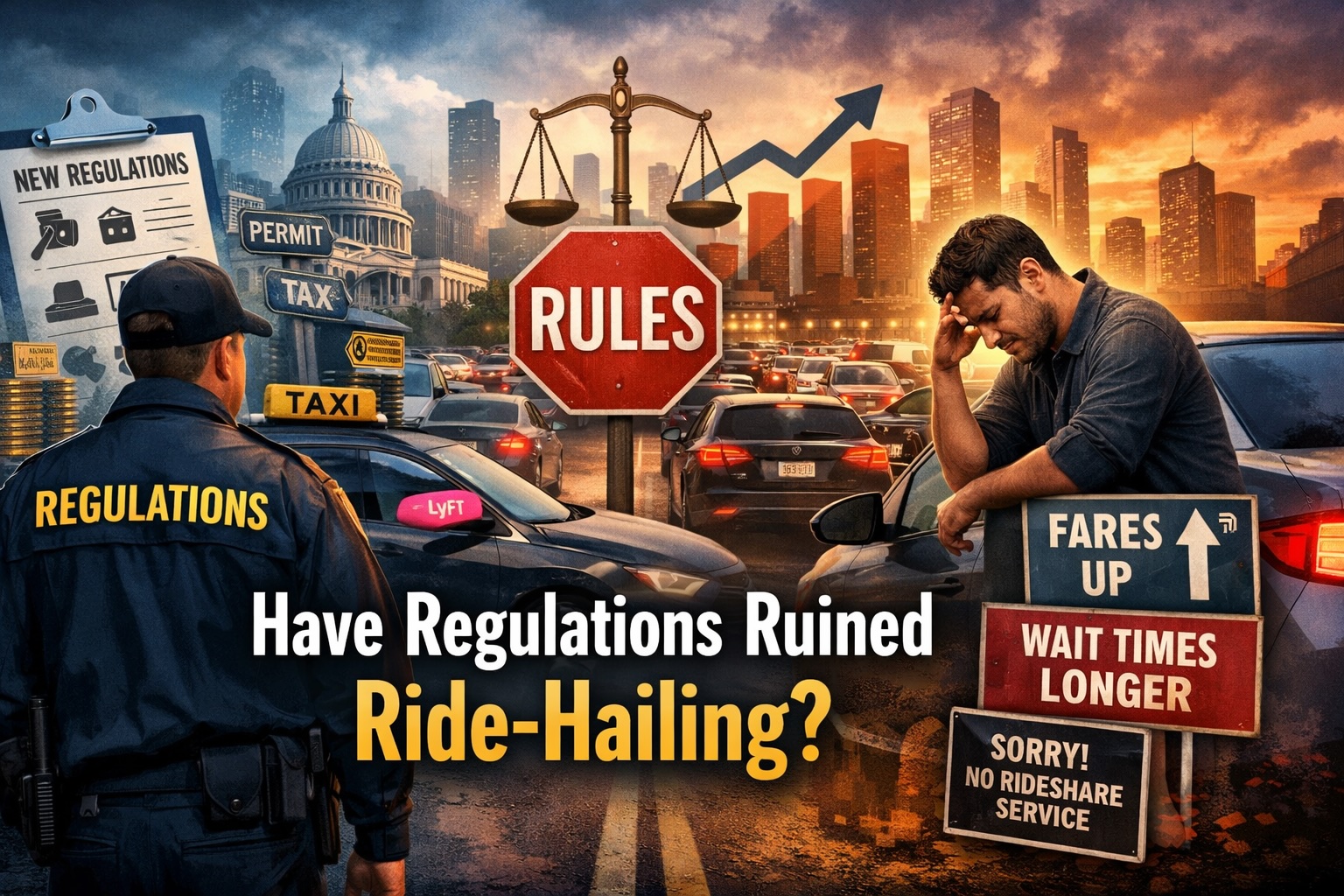Disclaimer: Independently of my arguments in this blog post, it remains very important that sanitise your hands regularly, avoid physical contact with other people, and reduce your social interactions to the necessary levels. Particularly avoid contact with elderly people, and those with underlying health conditions. Consult your local government health websites for more information, particularly on detecting symptoms.
As the world is paralysed by the Coronavirus crisis, many people have altered schedules. Working from home, different commute, restrictions on crossing borders and severely impacted air travel: for a while, our lives will look very different. While healthcare workers and medical researchers are working around the clock to provide life-saving help and discover possible cures, our media attention is shifting away from our day-to-day worries to the well-being of our friends and family.
Meanwhile, policy-makers are not on a break. In the United States Senate, the re-authorisation of the Patriot Act was passed, giving warrantless collection of personal data an extension of 77 days. The French National Assembly is currently suspended, yet set to resume next week with a debate on nuclear deterrence, as President Macron has been criticised for not keeping his word on the reduction of nuclear weapons capabilities. In Russia, President Vladimir Putin changed the constitution on March 14, allowing him to run for yet another two terms. Just last week, the UK Parliament narrowly voted down an amendment that would have banned the Chinese telecommunications operator Huawei, under considerable flack for not guaranteeing consumer privacy, from engaging in the UK market.
What we’re also experiencing is a number of media stories on harm-reduction tools such as e-cigarettes and heat-not-burn products being dangerous in times of the virus, leading the way to further restrictions from governments. As consumers are paying attention to their own health and that of their families, authorities have an easier time passing otherwise unpopular decisions. Thus, consumers remain forced to consider their own attention as a valuable resource: the fight for consumer choice doesn’t rest.
Note that as a follower of the work of the Consumer Choice Center, you can send in tips through this website, making us and our volunteers aware of current events in the realm of consumer choice. Your local municipal council or government might be in the midst of trying to pass certain measures unnoticed, as news outlets are focused on this pandemic. Consumers will know that it is always a bigger struggle to repeal active legislation, than it is to stop those rules that are in the process of being made.
Some bans limiting consumer choice hurt especially in times of self-isolation: Home deliveries of alcohol, bans on online pharmacies, and limited opening hours of supermarkets are things you really don’t need right now.
Ultimately, legislators and regulators should give consumers a break, not only because people have more important things to do, but also because from a democratic standpoint, new restrictions ought to be carefully weighed and debated, before they pass the houses of parliament on the same day as people see their loved ones transported into emergency rooms. There are smart rules and relief for consumers that are being passed as we speak, and they should be applauded, but reductions in consumer choice need their fair share of input before they go to a vote.
For the sake of the standards we expect governments to abide by, let’s give consumers a break on new taxes, new bans, new infringements on their personal privacy, and new paternalistic policies.
The Consumer Choice Center is the consumer advocacy group supporting lifestyle freedom, innovation, privacy, science, and consumer choice. The main policy areas we focus on are digital, mobility, lifestyle & consumer goods, and health & science.
The CCC represents consumers in over 100 countries across the globe. We closely monitor regulatory trends in Ottawa, Washington, Brussels, Geneva and other hotspots of regulation and inform and activate consumers to fight for #ConsumerChoice. Learn more at consumerchoicecenter.org




